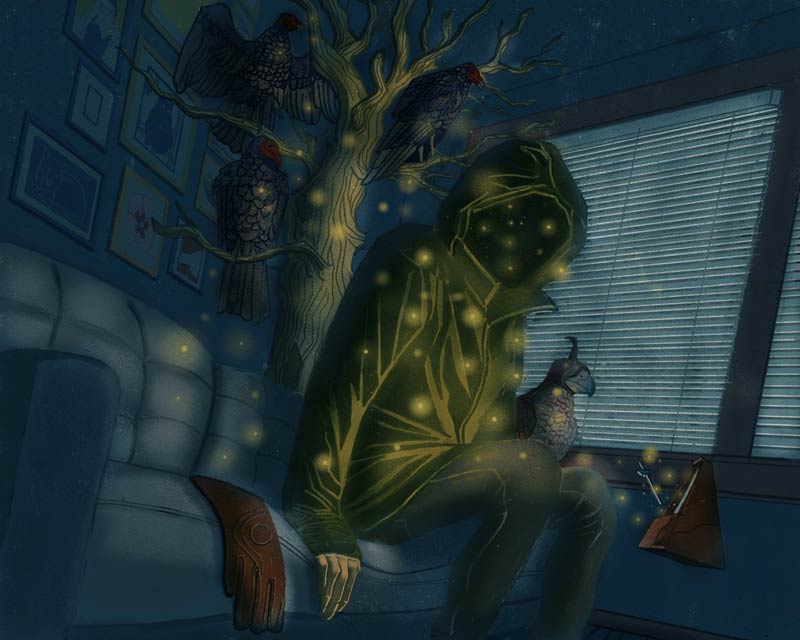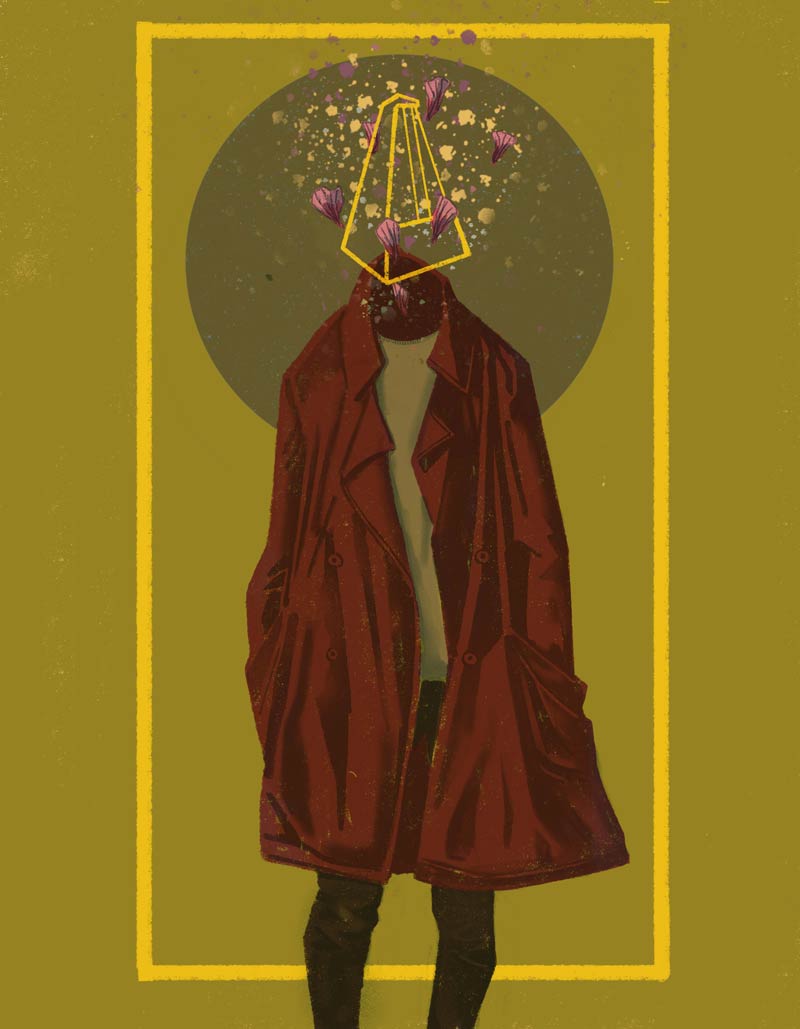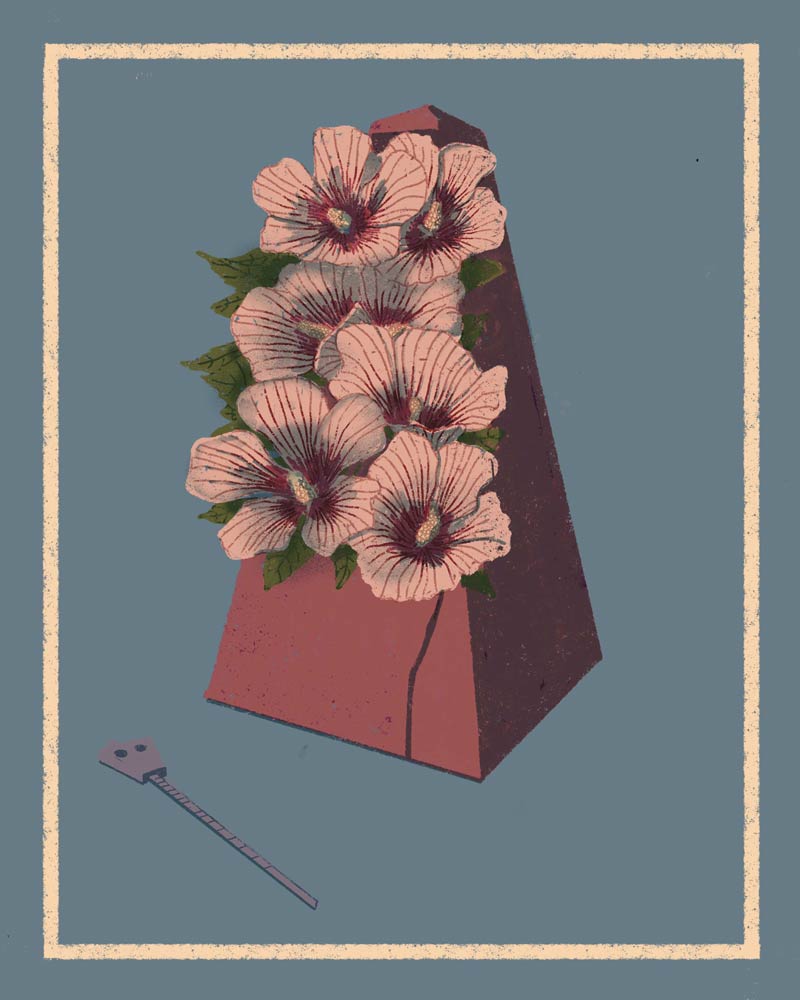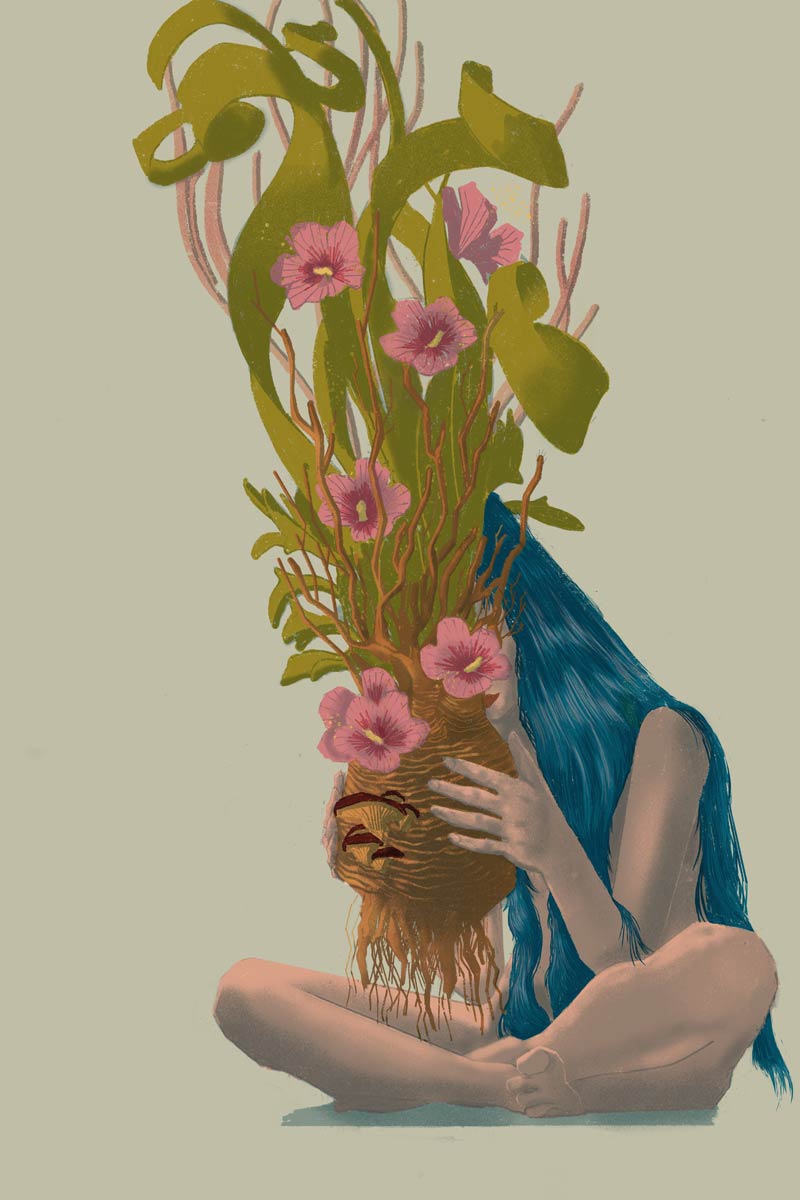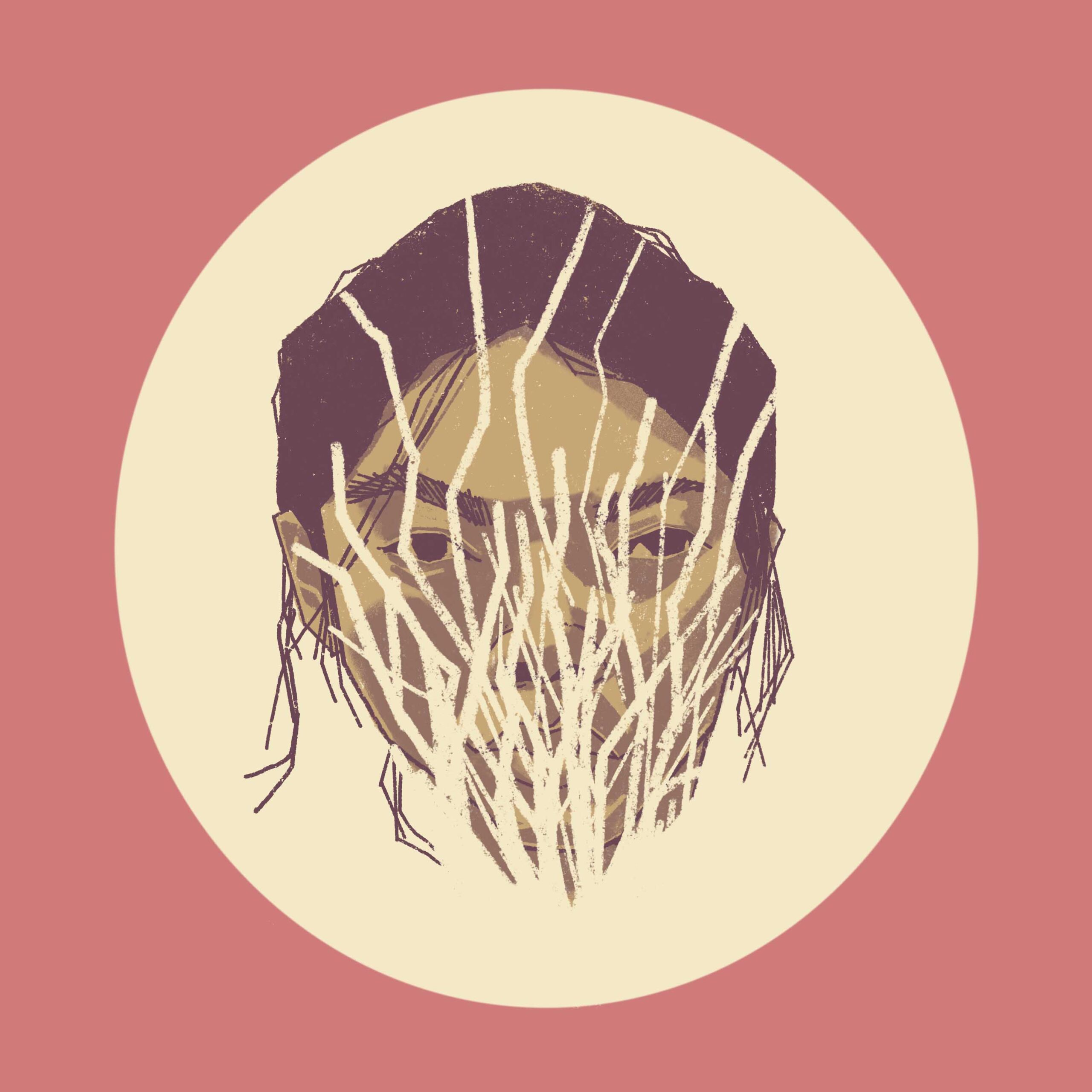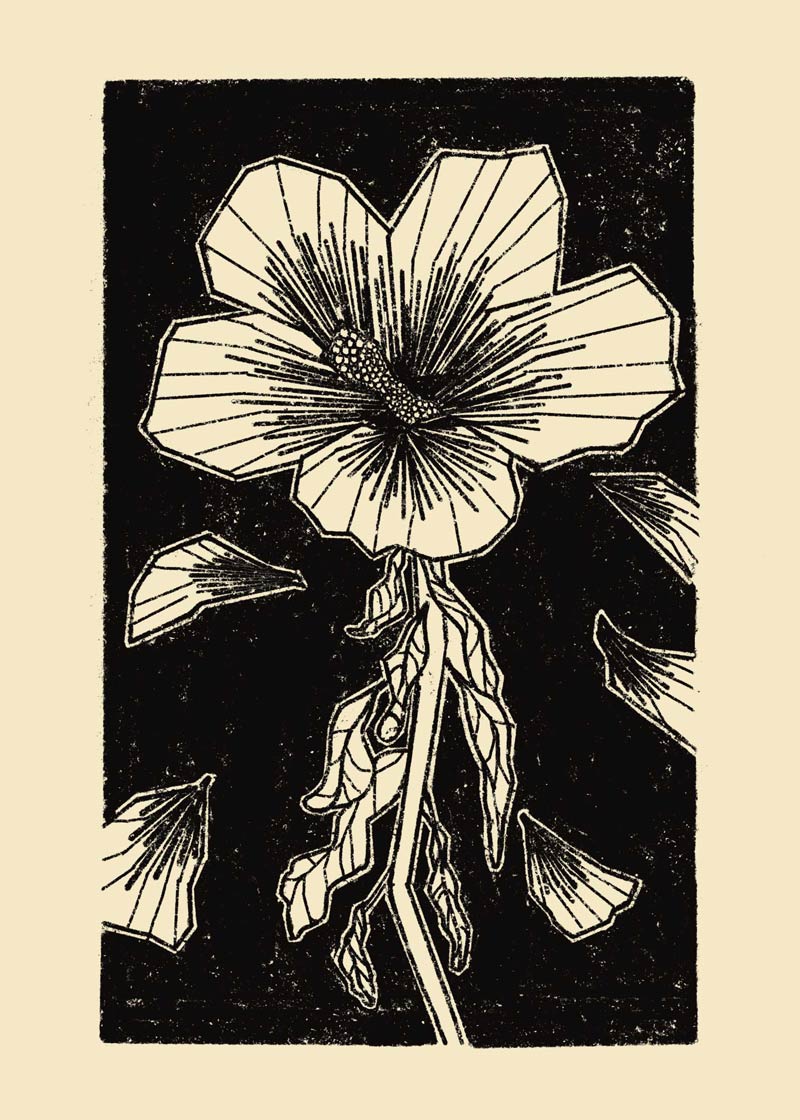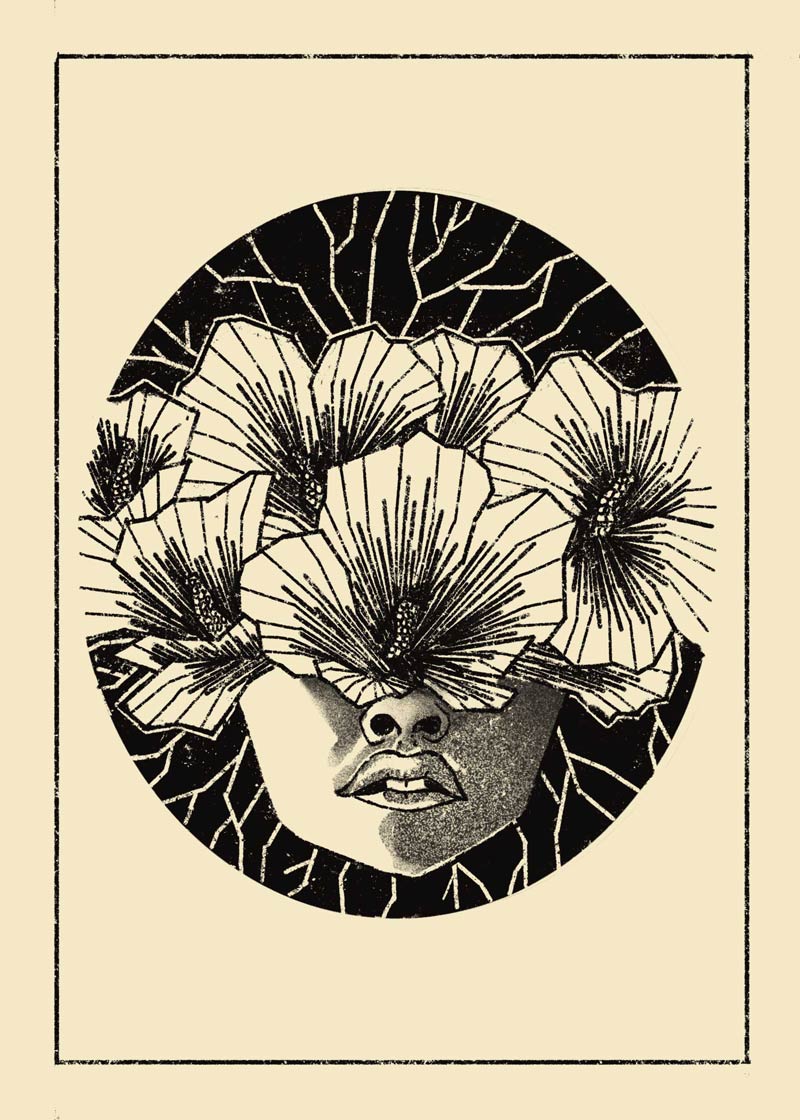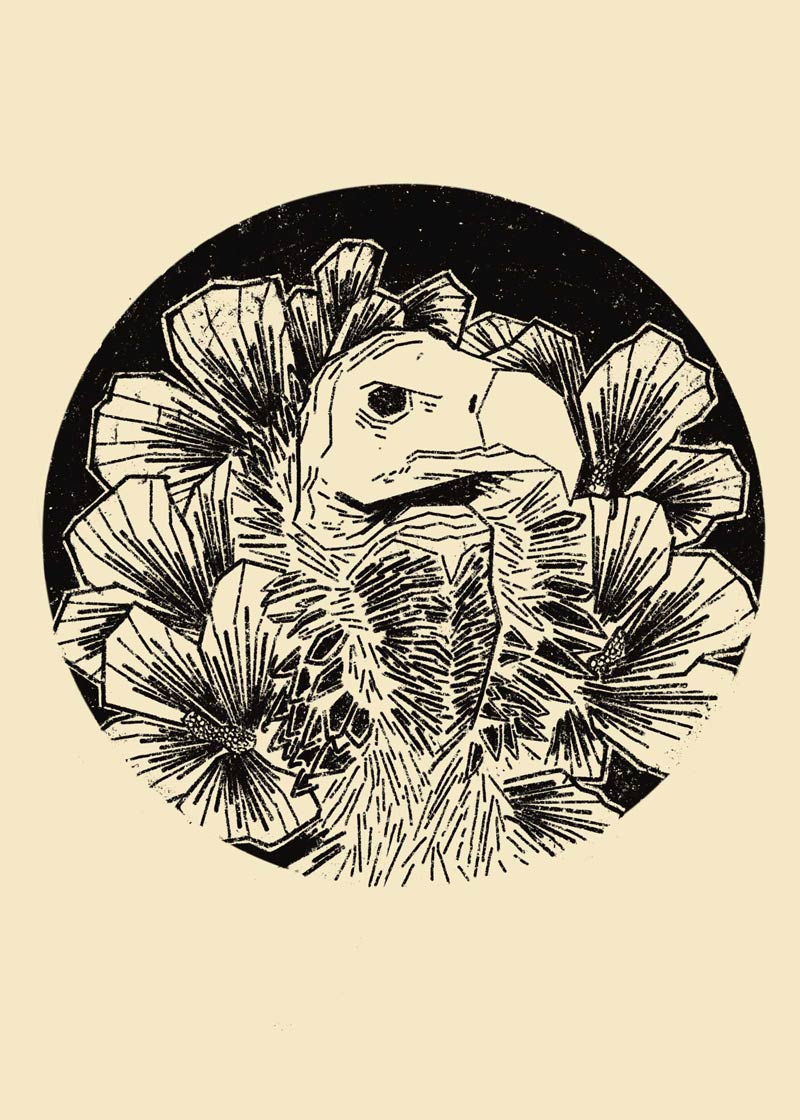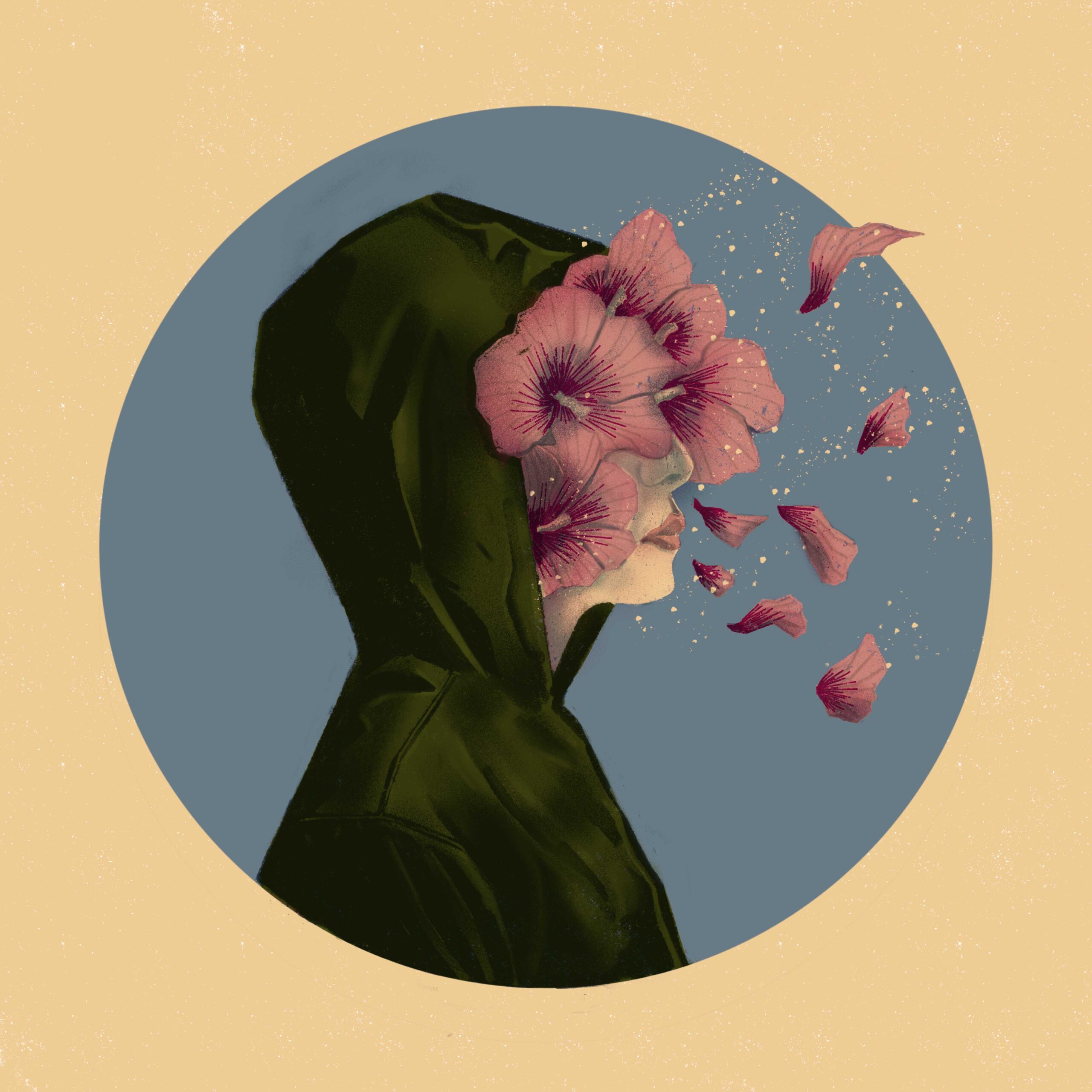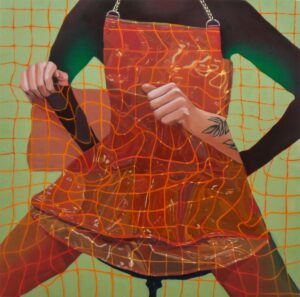“They don’t make ‘em like they used to,” as the idiom goes. Change a light bulb, throw the old one away. Exhaust your iPhone with selfies, recipes, and text messages, then eagerly upgrade to the latest version just three years after signing the 10-page contract.
Since the 1920s manufacturers of gadgets and home appliances have teamed up to limit the life spans of their products, a strategy known as planned obsolescence. The practice serves as a reflection of ravenous consumer culture in the era of late-stage capitalism. It’s also the name of a recent solo show from Detroit-based illustrator Steven Shik. “I decided to refocus the concept [of planned obsolescence] on emotions, relationships, and expectations,” he says. “How we can so quickly look for barriers, the ways things won’t work out, rather than how they could, how these imagined barriers can prevent our growth and success. Planned Obsolescence is about how these concepts haunted my year.”
A Korean American adoptee, Steven explores complex narratives surrounding the self through his figurative works. Rendered in mossy greens, mustard yellows, and dusty pinks, his illustrations provide a soft landing place for subtle magic to unfold. Layered among hidden faces, metronomes, and vultures, pink flowers alchemize across Steven’s work, blooming in surprising places. “The mugunghwa, or as most Americans refer to as the Rose of Sharon, is the national flower of South Korea,” Steven explains. “This symbol of South Korea contrasts with the narrative of Korean adoptees alienated from status and nationality. Does this symbol still apply to people who were stripped of being “Korean”? By re-contextualizing this symbol, the use of the mugunghwa in my art is used to illustrate and process the loss and redefinition of identity.”
Completed during a short, two-month period, the works in Planned Obsolescence are loosely connected by symbolic emotional threads. Spurred by a year of incremental and exponential change in Steven’s life, these works contemplate the beauty of being and becoming, of waiting patiently for growth and rebirth. With time and fortitude, emotional barriers fall away, overrun by fields of pale pink flowers. “[The mugunghwa flower] symbolizes Korean enduring resilience,” Steven says. “It is the eternal blossom that never fades.”
